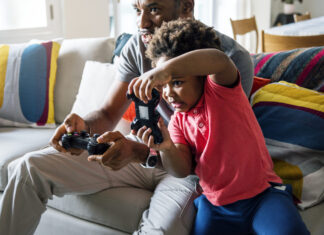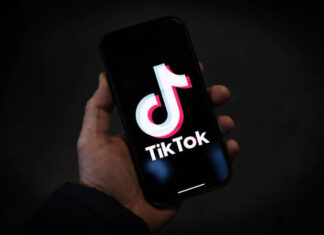When you purchase through links on our site, we may earn an affiliate commission. This doesn’t affect our editorial independence.
The court’s ruling, delivered on Monday, orders TikTok to pay the fine to the nation’s telecommunications agency within 10 days and establish a formal office in Venezuela.
The incidents that sparked this ruling involved children aged 12, 13, and 14 participating in TikTok challenge that promoted the ingestion, inhalation, and application of hazardous chemical mixtures. Venezuelan President Nicolas Maduro condemned these activities, emphasizing their dangerous nature and calling for accountability.
The court criticized TikTok for its “lack of timely control” over the spread of harmful content on its platform, stating that the social media giant bore partial responsibility for the tragic outcomes. Proceeds from the fine are to be allocated to a compensation fund for victims of the incidents.
This development comes amidst heightened scrutiny of social media platforms in Venezuela, with President Maduro intensifying his criticism of platforms like TikTok and WhatsApp. The Venezuelan government is not alone in its concerns, as governments worldwide grapple with how to regulate TikTok’s influence on users, especially minors.
In the US, TikTok is facing a “sell or get banned” situation, with the FBI Director declaring the platform a national security risk due to its ties to the Chinese government. The platform is already banned in several countries, including India, Iran, Nepal, Afghanistan, and Somalia. The UK government and Parliament, as well as the European Commission, have also banned TikTok from staff work devices.
The ruling has sparked concerns over social media regulation and the responsibility of platforms to control harmful content. As the regulatory landscape continues to evolve, it remains to be seen how TikTok will adapt to these challenges and ensure a safer experience for its users.







